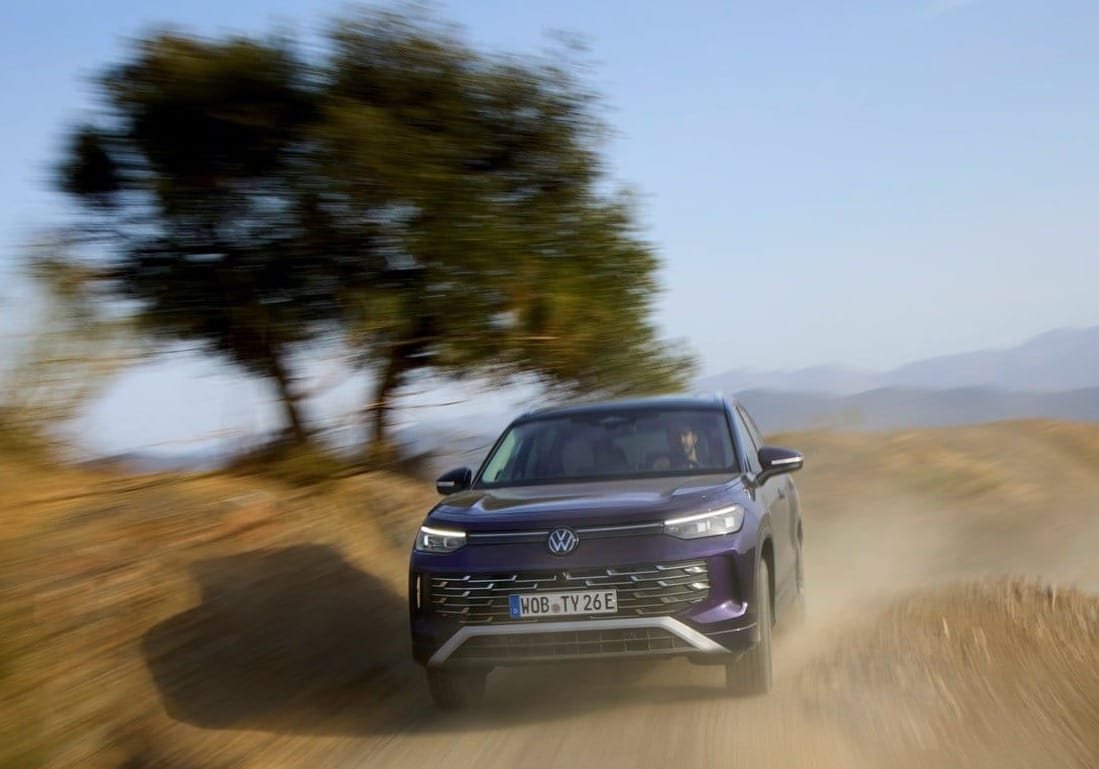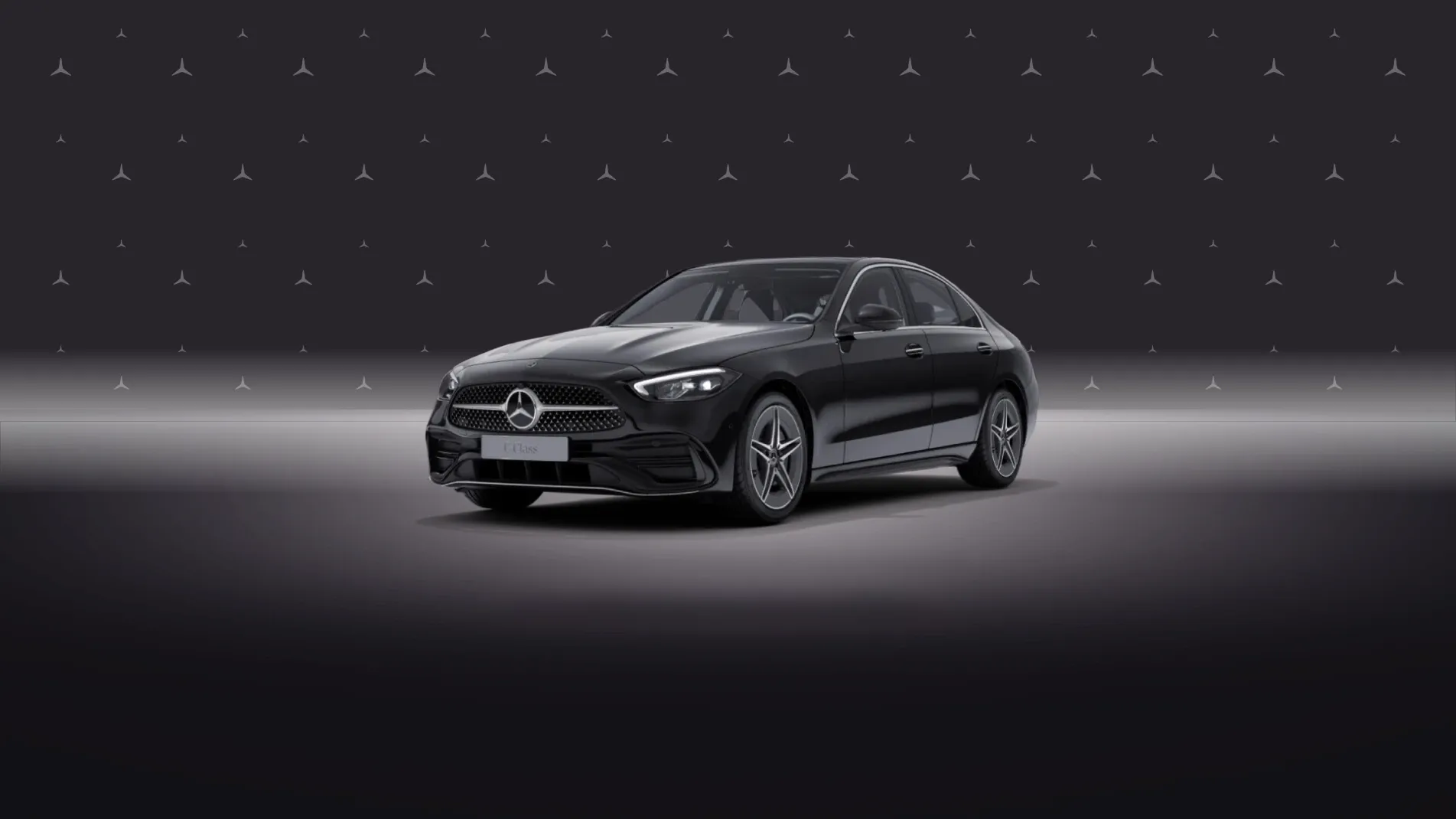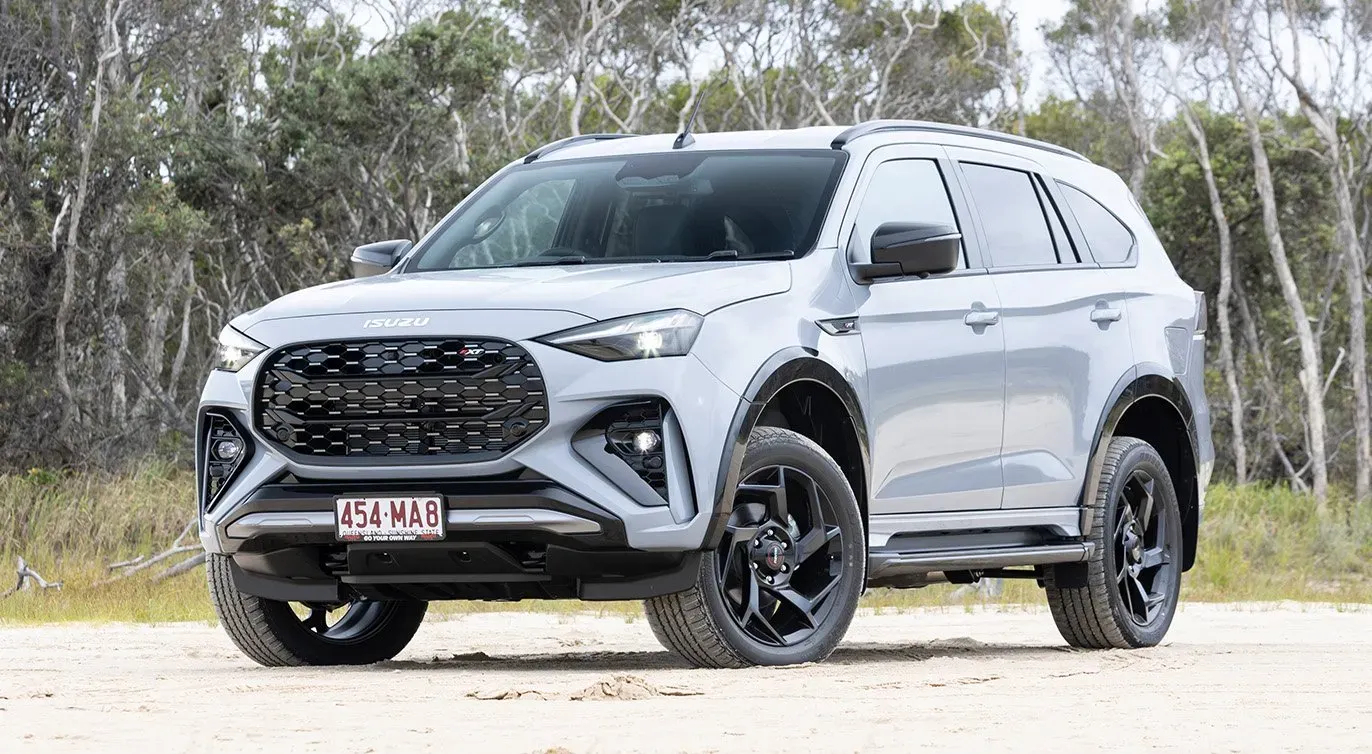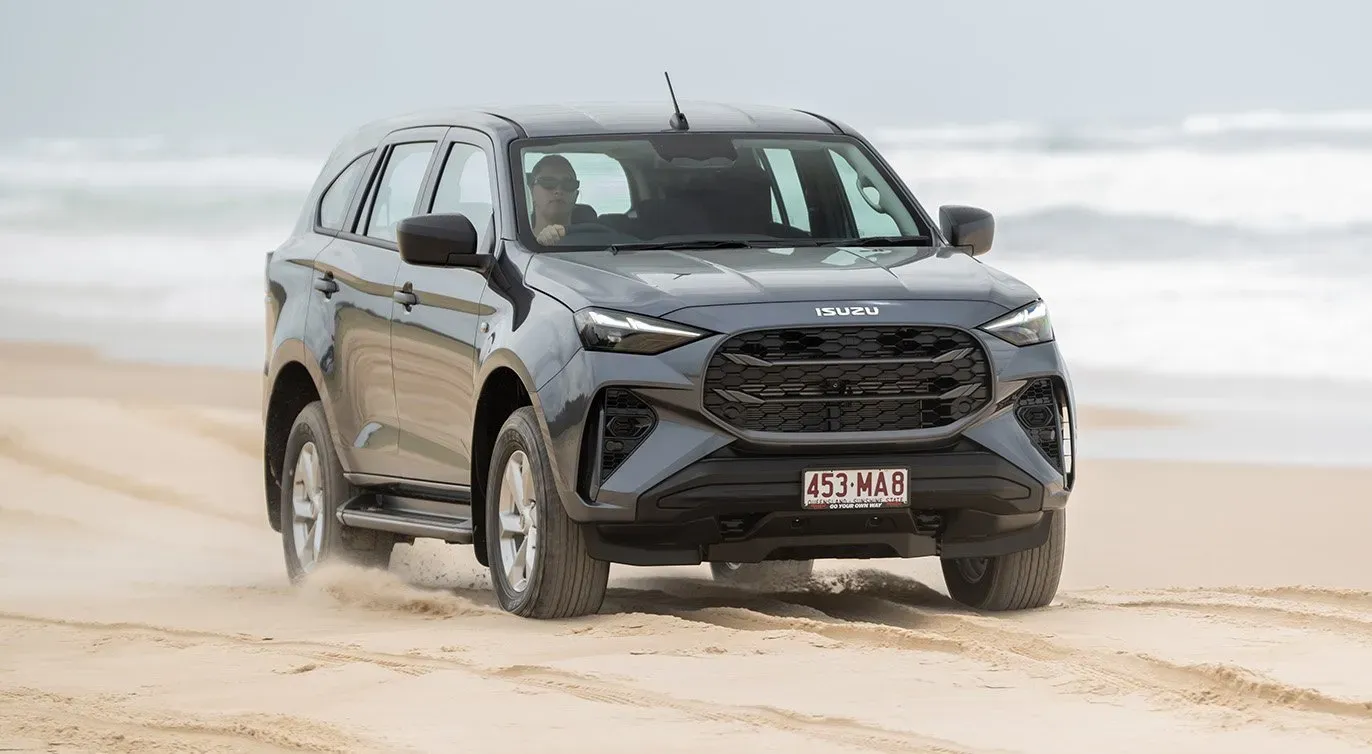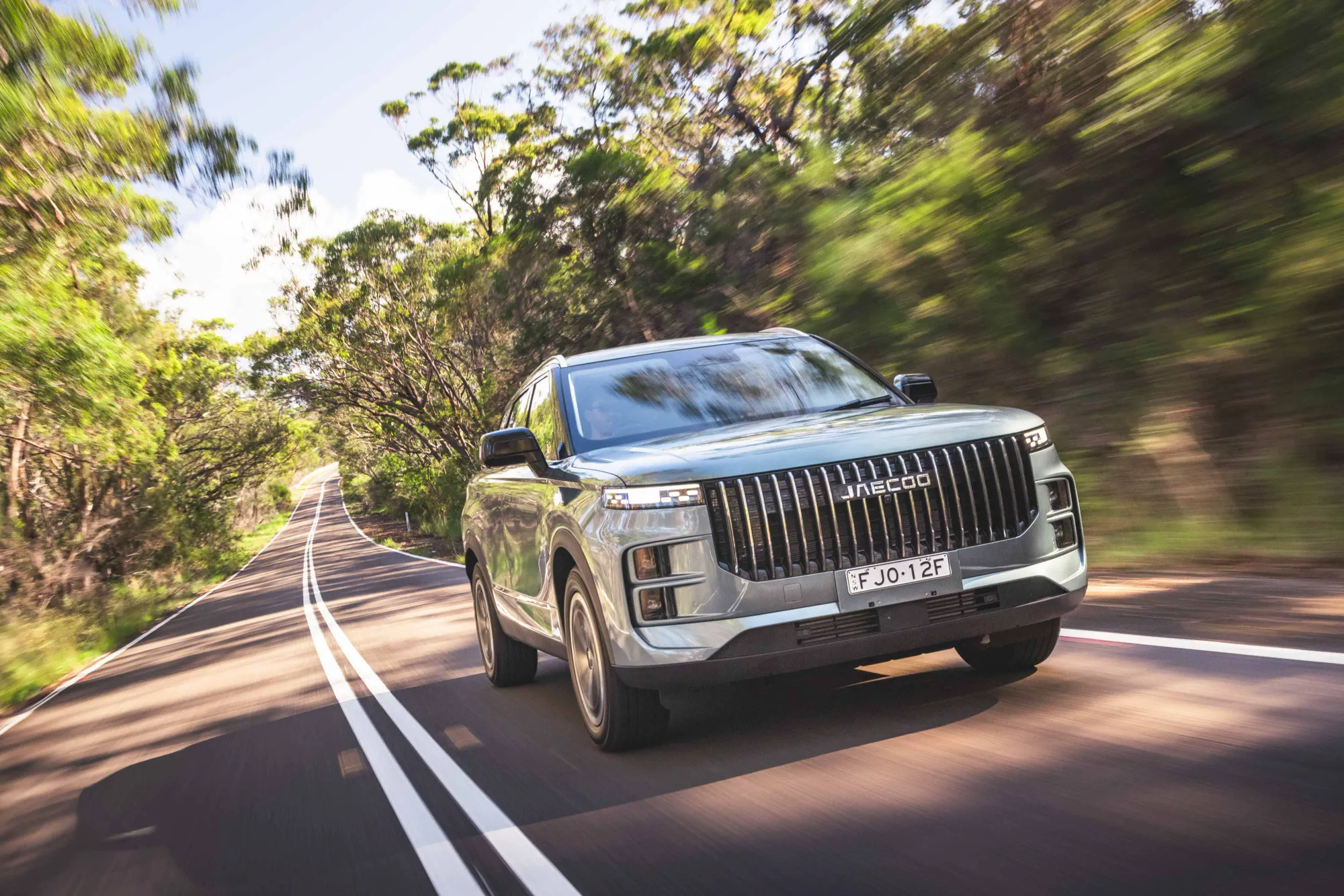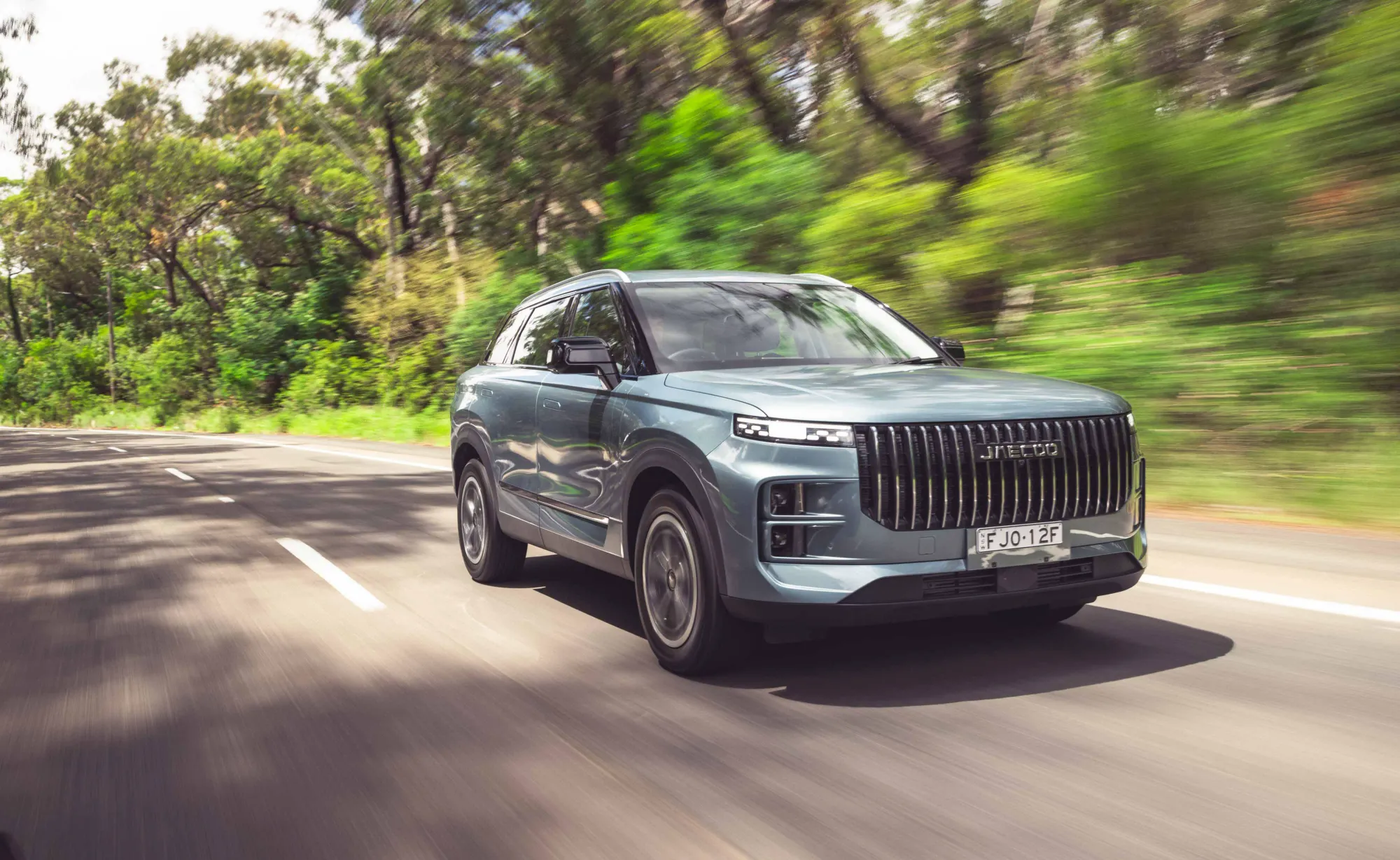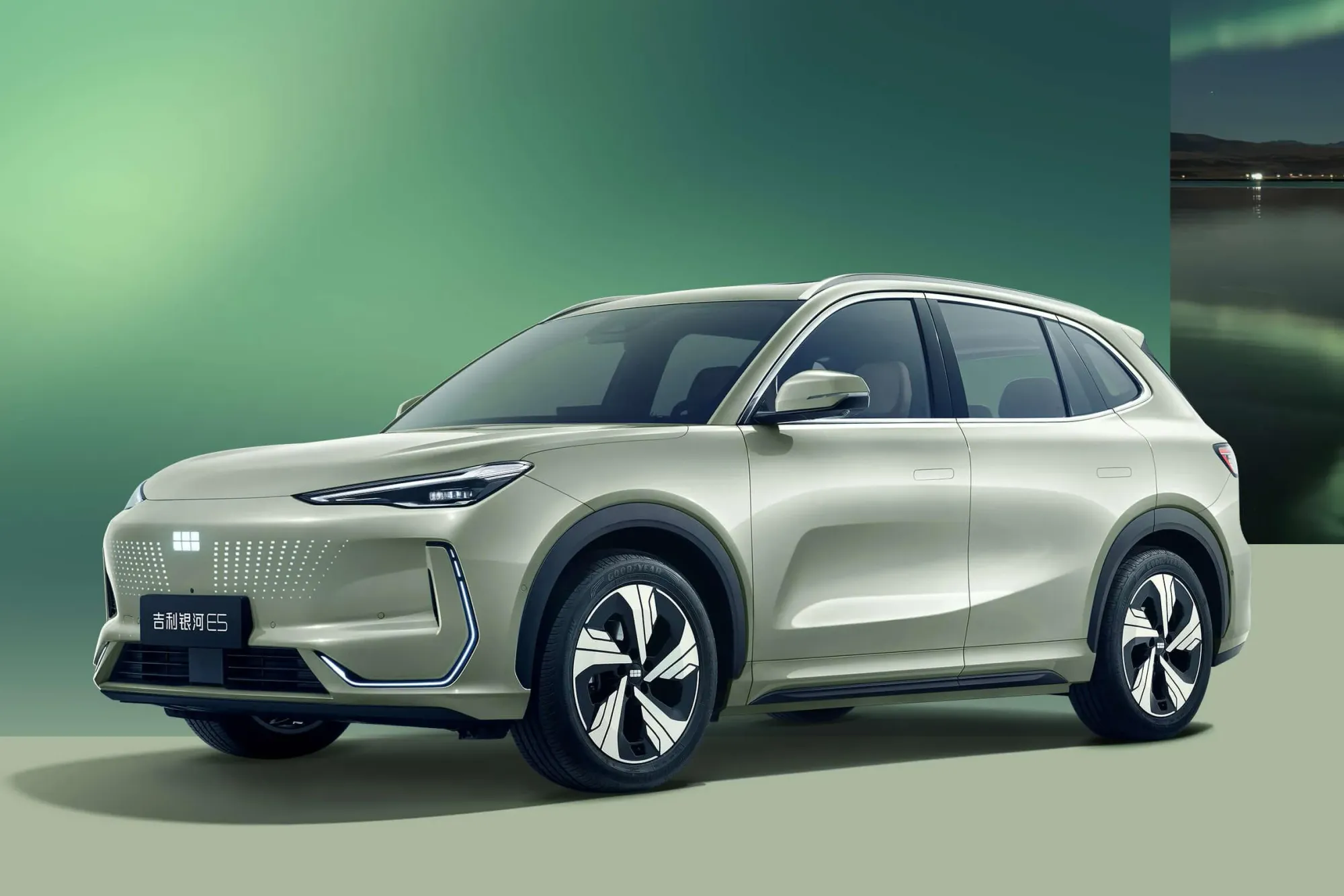In a surprising turn of events, the US State Department has put the brakes on a controversial plan to acquire a fleet of armored Tesla electric vehicles (EVs). This decision comes in the wake of reports suggesting a $400 million deal had been arranged with Tesla, a company whose CEO, Elon Musk, now holds a prominent position within the Trump administration.
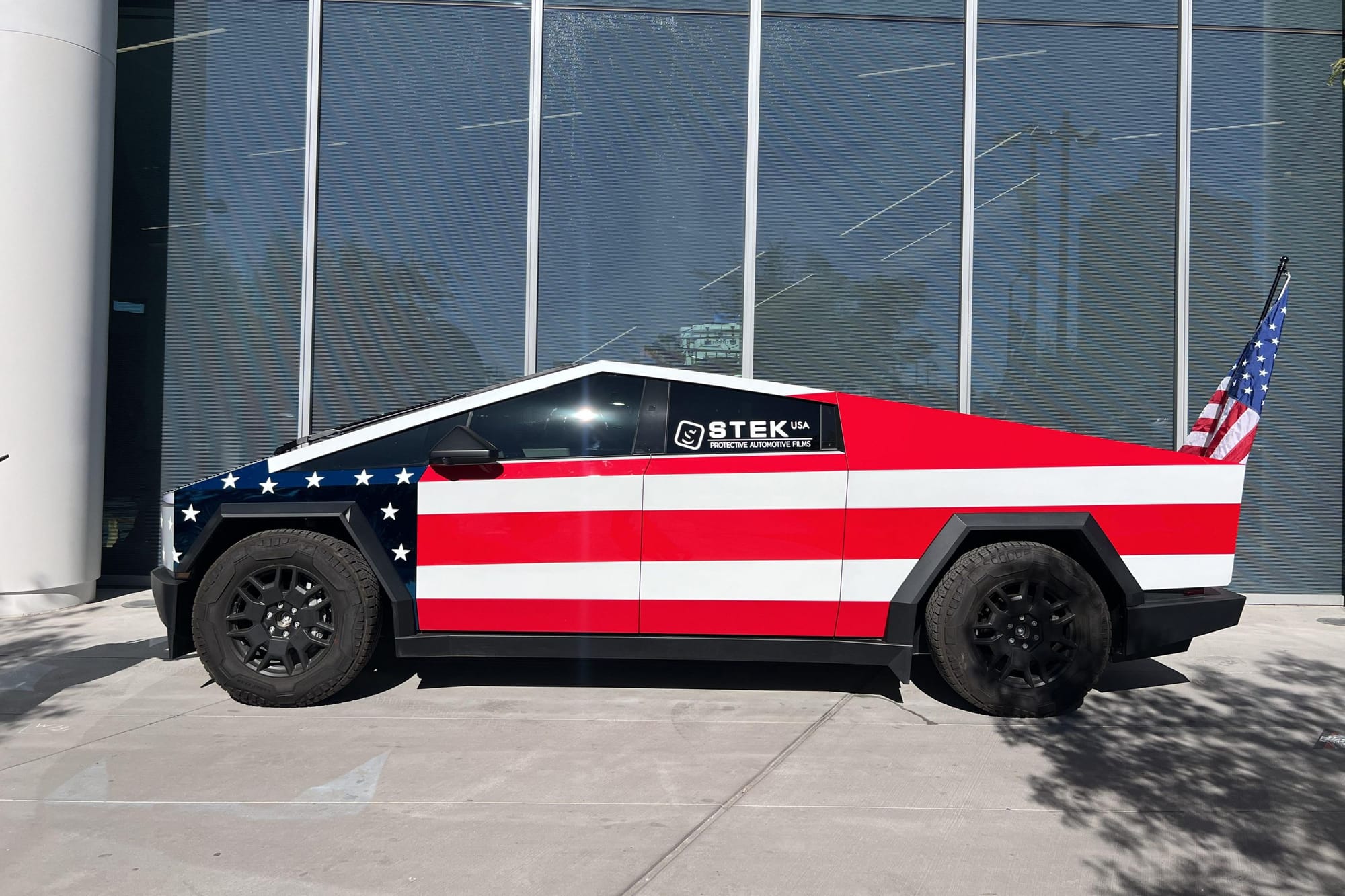
The Procurement Process
The saga began in May 2024 under the Biden administration when the State Department initiated a process to gather information from potential suppliers of armored electric vehicles. According to a State Department spokesperson, Tesla was the only company that expressed interest in this initial inquiry.
The procurement process was set to culminate in an official solicitation for bids in May 2025. However, the situation took an unexpected turn when a State Department document forecasting contracts for the fiscal year 2025 listed Tesla as the supplier for a $400 million armored vehicle contract.
Controversy Erupts
The revelation of Tesla's potential involvement in such a significant government contract immediately sparked controversy. Critics pointed to Elon Musk's dual roles as both Tesla's CEO and the head of the newly created Department of Government Efficiency (DOGE) under President Trump as a clear conflict of interest.
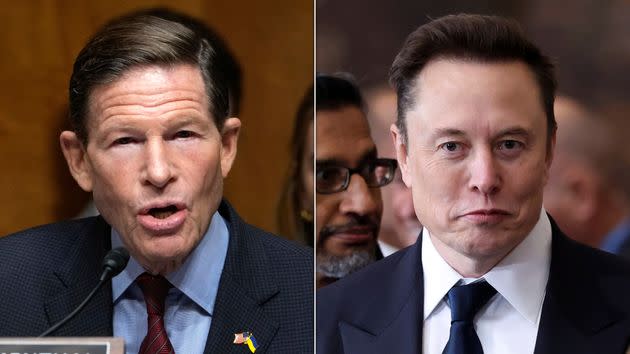
Senator Richard Blumenthal was quick to voice his concerns, writing a letter to Secretary of State Marco Rubio. In the letter, Blumenthal stated, "Mr. Musk's dual roles pose conflicts of interest so obvious that they hardly require explanation. The State Department's intent to purchase armored Cybertrucks suggests the conflicts of interest inherent in Mr. Musk's installation of his cronies throughout the government are not being adequately managed and, in fact, are increasing by the minute."
The State Department's Response
As the controversy grew, the State Department moved swiftly to address the situation. The department amended its contract forecast, removing Tesla's name and replacing it with a generic reference to "armored electric vehicles".
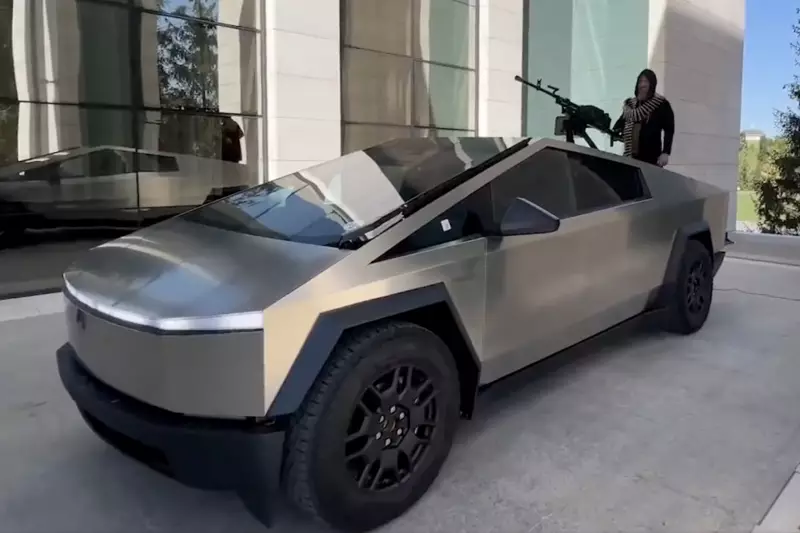
A State Department spokesperson clarified that no contract had been awarded to Tesla or any other manufacturer for the production of armored electric vehicles. The spokesperson emphasized that the procurement process was still in its early stages and that the solicitation for bids is now on hold with no current plans to issue it.
Musk's Reaction
Elon Musk, known for his active presence on social media, took to X (formerly Twitter) to address the situation. In response to reports about the $400 million deal, Musk tweeted, "I'm pretty sure Tesla isn't getting $400M. No one mentioned it to me, at least."
Broader Implications
This incident has brought to light the complex relationship between Musk's business interests and his role in the Trump administration. It's worth noting that Musk's companies have a history of securing significant government contracts. SpaceX, for instance, has received nearly $20 billion in federal funds since 2008 for space-related projects. Tesla itself has previously been awarded $41.9 million in government contracts, including payments for vehicles supplied to US embassies.
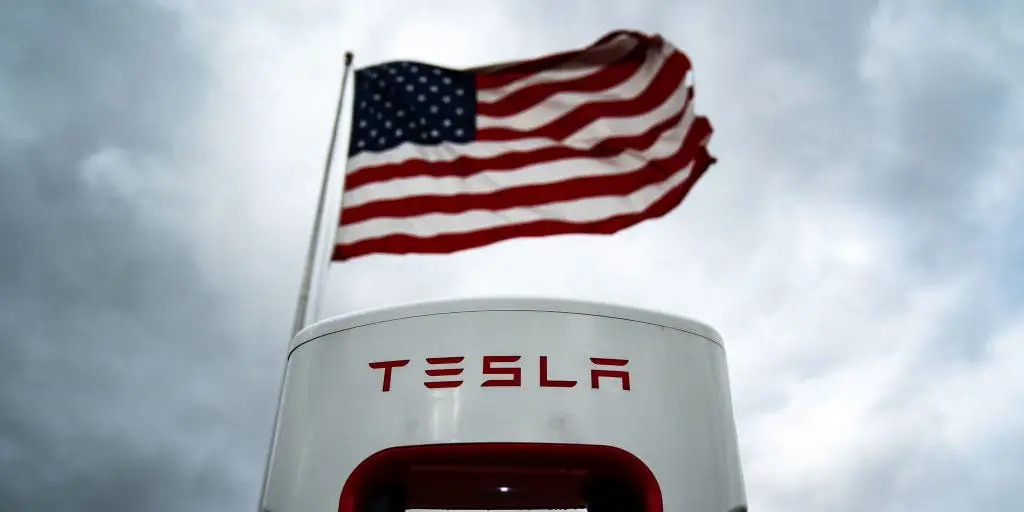
The controversy has also reignited discussions about government procurement processes and the need for transparency. The General Services Administration (GSA) is reportedly revising procurement guidelines to mandate greater disclosure of component and company ownership for electric vehicle acquisitions.
Looking Ahead
As of February 17, 2025, the future of the State Department's plans to acquire armored electric vehicles remains uncertain. The incident has raised important questions about the intersection of business and government, the role of influential tech figures in public sector decisions, and the processes by which large government contracts are awarded.
While the immediate plans for Tesla's involvement have been shelved, the broader push towards incorporating electric vehicles into government fleets is likely to continue. How this will be achieved while addressing concerns about conflicts of interest and maintaining public trust remains to be seen.
As this story continues to develop, it serves as a reminder of the complex challenges facing government procurement in an era of rapidly advancing technology and increasingly influential tech industry leaders.




